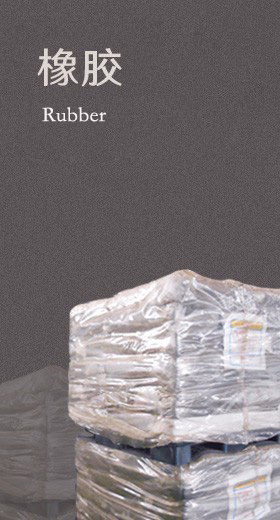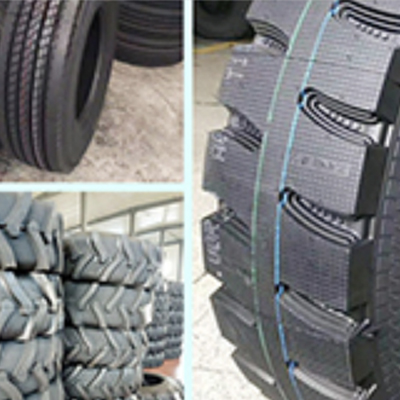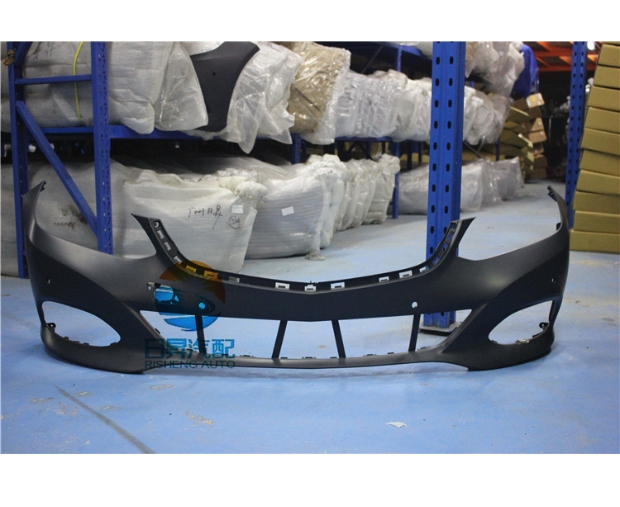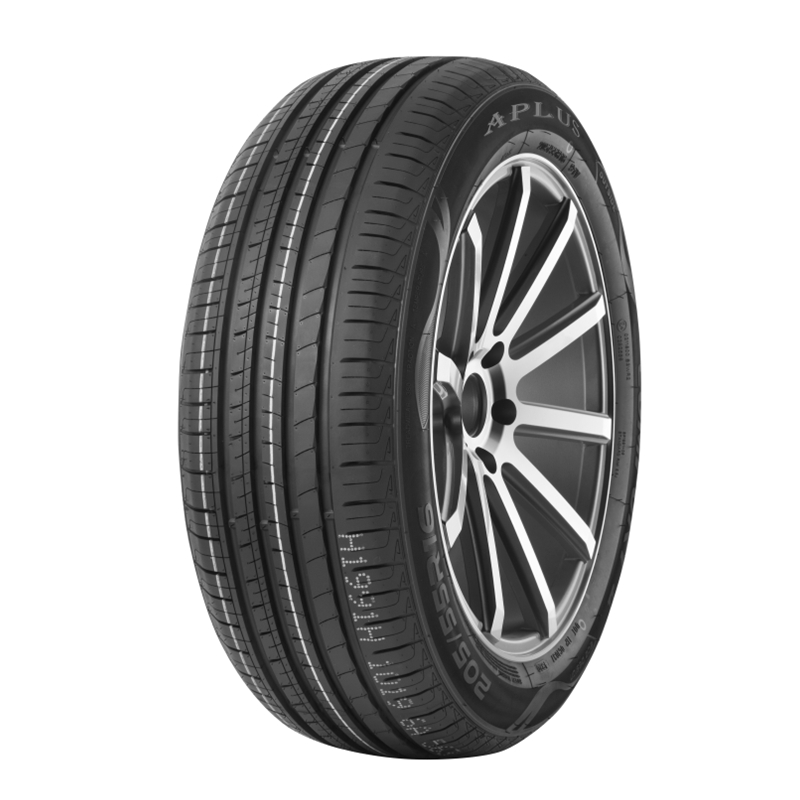Plasticizing B2B: Urgent! New Coronavirus Outbreak May Reduce PE dDemand by 1.5 Million Tons in China
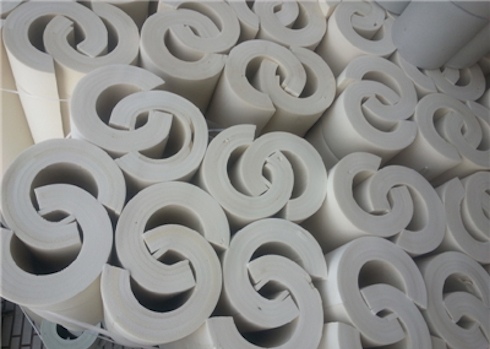
01 Outbreak of new coronavirus could reduce China's demand for PE by 1.5 million tons
The COVID-19 crisis could reduce China's demand for polyethylene (PE) by 1.5 million tons, a senior analyst at ICIS said. A senior analyst at Axiomtek Asia Petrochemicals said, "Once the outbreak is under control, the resumption rate of downstream industries will reach 70-80% in the second half of March, which could lead to a drop in PE demand of about 1.5 million tons." Amy Yu, China Analytics.
China's PE consumption is expected to reach 35 million tons in 2019, according to ICIS data. China's PEIS data shows that demand usually recovers after the Lunar New Year holiday (i.e., a week later).
"The average utilization rate of downstream factories is expected to be around 40% due to the absence of manpower by the end of the year. Demand for pharmaceutical bottle blow molding HDPE is increasing, but its share is less than 40%, analysts noted. PE accounts for % of total demand, analysts noted.
"The biggest impact will be packaging consumption, and PE demand is expected to decrease by 1 million tons in 2019. in 2019, packaging plastic film consumes about 18 million tons of PE, and PE demand is expected to decrease in 2019. 51% of the total.
One trader forecasts that total Chinese demand for PE and polypropylene (PP) could fall by around 30% year-on-year in the first quarter. Others estimate that demand for PE and PP 7-8% for the year could fall.
The biggest future demand falls will come from the automotive, FMCG and packaging sectors. Some municipalities have already called for the closure of all restaurants and stores except supermarkets and pharmacies. Business is struggling as many companies started stocking up before the Chinese New Year due to an expected rebound in seasonal demand.
Warehouse inventory levels at major manufacturers are so high that they are waiting for trucks to move them, sources said. Long-distance deliveries between rural areas and cities are proving difficult, as drivers need right-of-way to cross the road. 02 Baofeng Energy Group emergency polypropylene production
Recently, Baofeng Energy Group switched to emergency production of polypropylene.
The Energy Group urgently switched to the production of high melting point finger fiber polypropylene S2040, which can be used in the manufacture of medical nonwoven fabrics.The daily output of S2040 is expected to exceed 1,000 tons by February 15th.
Each ton of product can produce 900,000 to 1 million disposable surgical masks or 200,000 to 250,000 N95 masks. Storm Energy Group has also signed a cooperation agreement with China's largest manufacturer of PP meltblown specialty materials for mask fabrics, Dawn Co.
03 Inovia Expands Recyclable Product Certification for BOPP Film
Following the success of its Propafilm Strata product certification, UK BOPP film manufacturer Inovia has decided to extend its testing program to all of its film products.
Innovia Film evaluated the high-barrier BOPP propafilmstrata SL film in collaboration with interseroh, an independent German recycling consultancy, in 20198. The film has a "very good" rating and a "recyclable" logo. The product has been used by German snack food manufacturer Wildcorn. It is used by the German snack manufacturer Wildcorn to package its organic popcorn range.
After receiving the recycling certification, the company decided to expand its testing program to all of its products. uncoated, acrylic-coated and uncoated. EVOH barrier series films.
Interseroh analyzes and evaluates packaging according to well-established criteria and throughout the post-use process (collection, sorting, recycling and processing). Their analysis seems to have been popular from the beginning.
"This certification provides us with independent confirmation that our polypropylene films are fully recyclable," said Stephen Langstaff, Director of Global Operations for Innovia Film Packaging.
Currently, there is limited collection of flexible packaging materials in Europe, which means this valuable resource is being wasted. Products made from polypropylene can be recycled and reprocessed, converted daily into polymer pellets that are used for molding in a variety of commercial and industrial applications, such as plastic parts for the automotive industry.
Randstaff adds: "Once the collection process is standardized in the UK and Europe, polypropylene, polypropylene and other polyolefins can be recycled without major problems. Innovia's next step is to work with partners to develop processes that meet food requirements. If you have any questions about "Converting recycled materials into films", please do not hesitate to contact Todudu (tdd-global@toodudu.com).
</p
 April 1, 2024
April 1, 2024  March 27, 2024
March 27, 2024  March 27, 2024
March 27, 2024  March 27, 2024
March 27, 2024  March 27, 2024
March 27, 2024 






